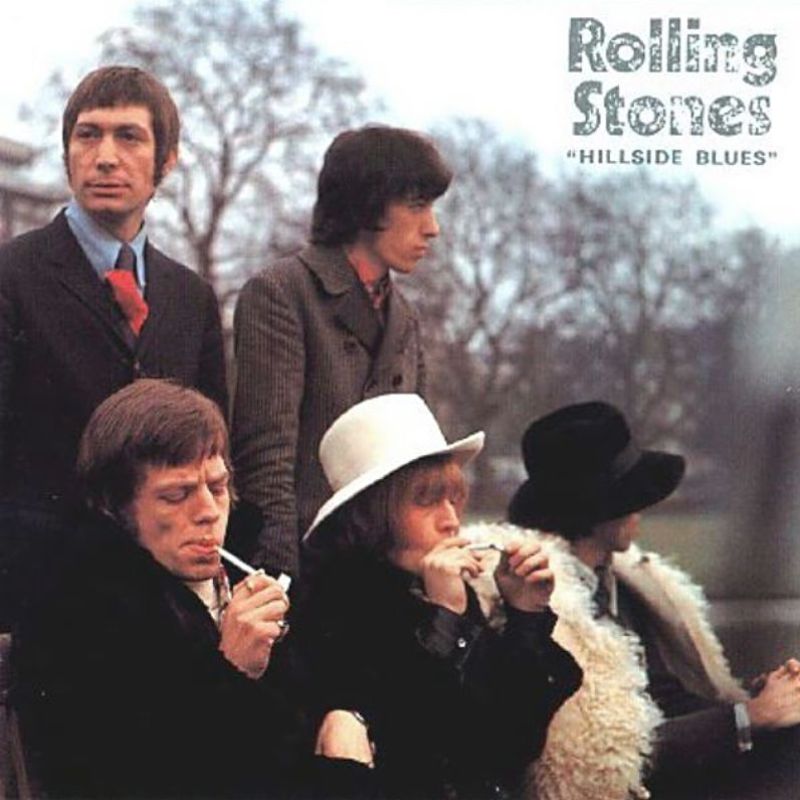Clifford Thomas Ward was born on 10 February 1944 in Stourport-on-Severn, Worcestershire, and was the fifth child in his family, with one older sister and three older brothers. In 1962, shortly after leaving school and supporting himself with a series of clerical jobs, Ward formed a beat band called Cliff Ward And The Cruisers, which won the 1963 Midland Band of the Year contest in Birmingham. They were popular in Birmingham and also in demand at American Army bases in France, and it was during this time away from his family that Ward wrote 'Home Thoughts From Abroad, which would later appear on his second solo album in the 70's. The Cruisers recorded one single before they opted for a name change to Martin Raynor And The Secrets, with Ward in the role of the elusive Raynor. Another single was released under this name, before the fictitious name was dropped and the band continued on as Raynor's Secrets, Simon's Secrets, or just The Secrets, and they went on to tour around Britain and France, achieving moderate success. More singles followed, with three from The Secrets and two from Simon's Secrets, with Ward penning most of the songs himself. In 1967, following the demise of The Secrets, Ward decided he needed to get a real job, and enrolled at Worcester Teacher Training College, subsequently teaching English and Drama at North Bromsgrove High School. In his spare time he continued songwriting, and under the pseudonym of Pat Rollings (using his wife's maiden name) he wrote 'Path Through The Forest', which was later recorded by The Factory, and is now regarded as one of the best UK psychedelic singles of all time. In 1972 he recorded his first solo album 'Singer Songwriter', which was released on John Peel's Dandelion Records just before it went into liquidation. It was exactly as the title stated, and the r'n'b of his early bands had been replaced by a collection of introspective and personal songs, one of which, 'Gaye', went on to sell over a million copies worldwide when released as a single, and reached number 8 in the UK chart in July 1973.
Ward's second album followed the success of the single, and 'Home Thoughts' was named after the song that he'd written while on tour in Europe in the early 60's. At this point he gave up teaching so that he could concentrate on music full-time, and he released a further nine albums over the next 25 years. He remained a very private person, consistently refusing to tour and perform live gigs, while interviews, photograph sessions, and television appearances were made only when absolutely necessary. In 1984 Ward was diagnosed as suffering from multiple sclerosis, which he kept from his fans for a number of years, until the symptoms could no longer be disguised. In 1992 a stage musical, 'Shattered World', was produced as a tribute to him, based on his life and his battle against MS, with half the songs being his own, and the rest being numbers written by others about him. In November 2001 Ward contracted pneumonia, and died in Tenbury Community Hospital a few weeks later on 18 December. He was a gifted songwriter from the very beginning, which is often overlooked as people tend to think that he only started writing in the early 70's for his solo albums, but this collection shows that the talent was there from the start, and includes all the singles from his various bands, plus his own demo of 'Path Through The Forest'.
Track listing
Cliff Ward And The Cruisers
01 Rachel (single 1964)
02 No Money Down (b-side of 'Rachel')
03 Ooh Wee Baby (previously unreleased)
Martin Raynor And The Secrets
04 Candy To Me (single 1965)
05 You're A Wonderful One (b-side of 'Candy To Me')
The Secrets
06 I Suppose (single 1966)
07 Such A Pity (b-side of 'I Suppose')
08 Infatuation (single 19670
09 She's Dangerous (b-side of 'Infatuation')
10 I Intend To Please (single 1967)
11 I Think I Need The Cash (b-side of 'I Intend To Please')
12 Coathanger (demo)
Simon's Secrets
13 Naughty Boy (single 1968)
14 Sympathy (b-side of 'Naughty Boy')
15 I Know What Her Name Is (single 1968)
16 Keeping My Head Above Water (b-side of 'I Know What Her Name Is')
Pat Rollings
17 Path Through The Forest (demo)















